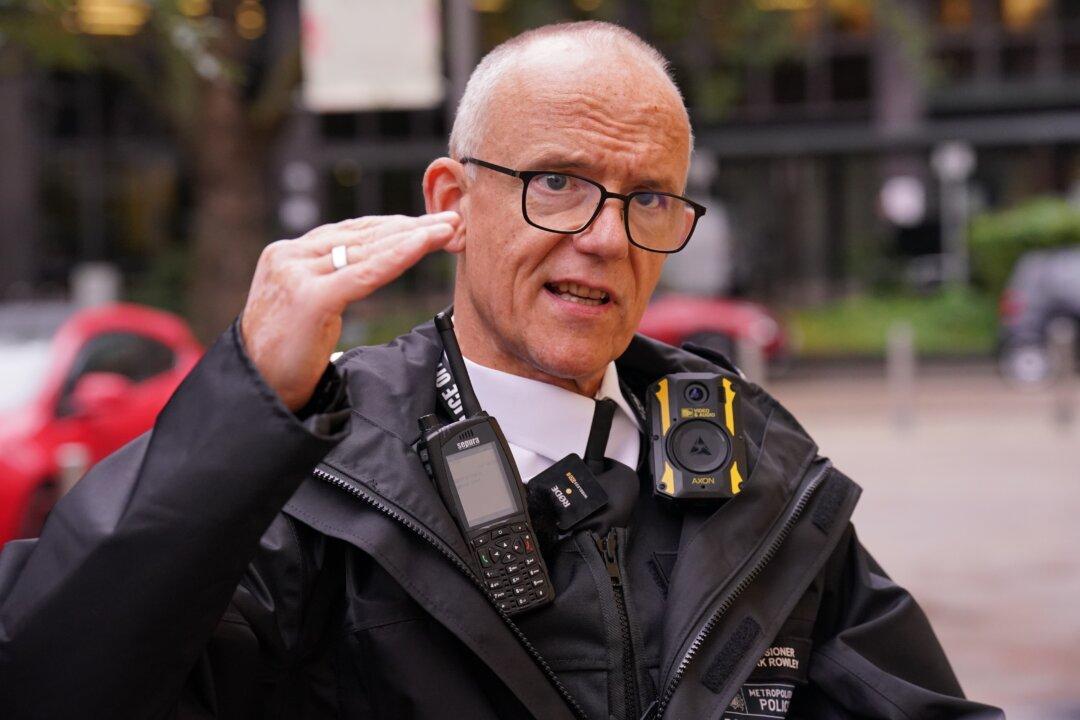Police chiefs should regain the power to sack “rogue” officers, the head of the Metropolitan Police said on Wednesday.
Met Commissioner Sir Mark Rowley said the power now rests with lawyer-led external panels, which he said are “fundamentally soft.”

Police chiefs should regain the power to sack “rogue” officers, the head of the Metropolitan Police said on Wednesday.
Met Commissioner Sir Mark Rowley said the power now rests with lawyer-led external panels, which he said are “fundamentally soft.”